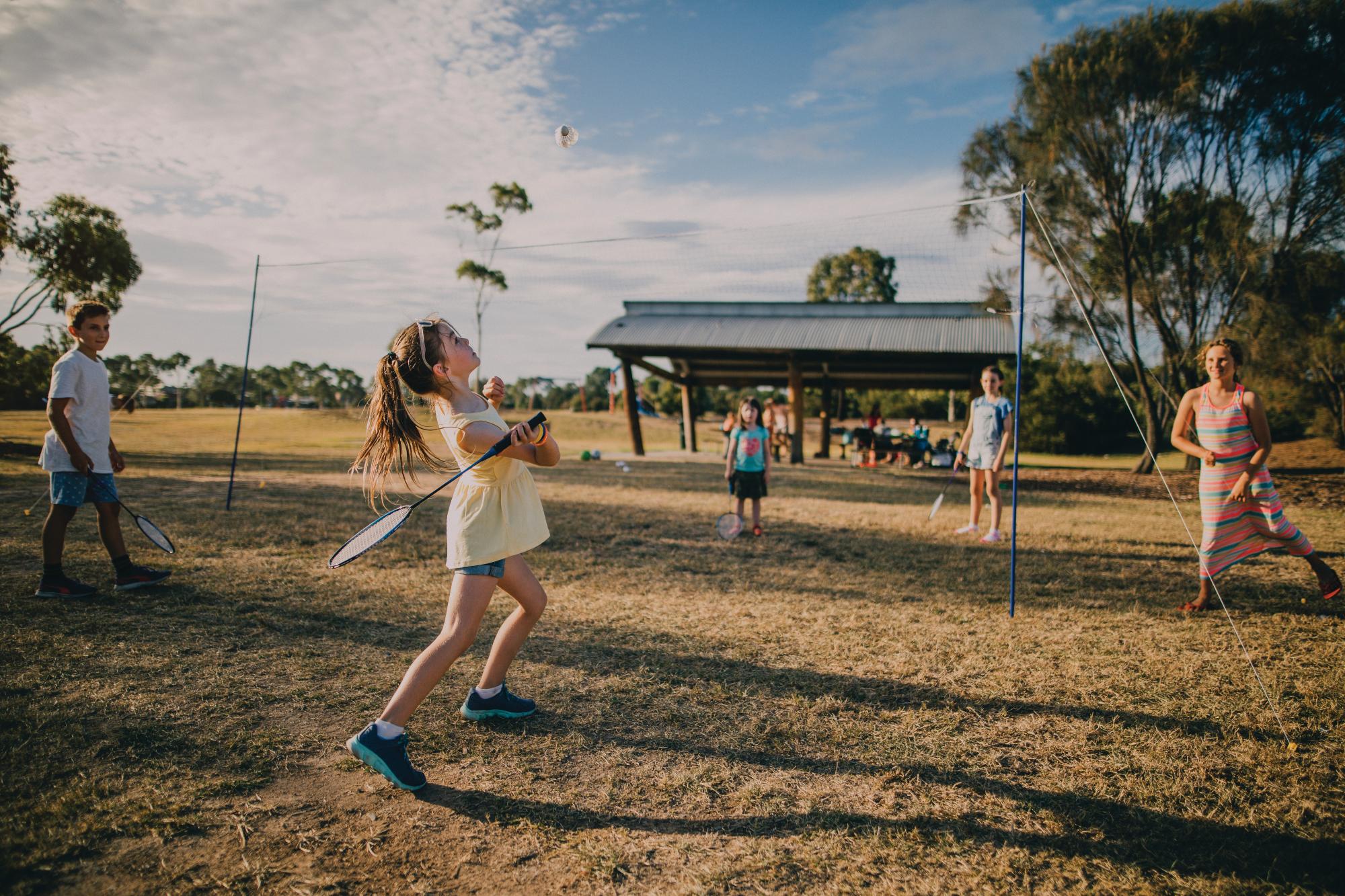What are my values?

Understanding my values
Our individual values are shaped by our own set of life experiences – our upbringing, family, culture, religion, significant life events, peers, media, social norms and education.
Our values are not often consciously chosen.
These early values are communicated to us largely non-verbally but also through what we are told (or not told) and how it is said.
We learn these values when we are so young that we accept them without question (until we are encouraged to do so, or we are old enough to actively question them).
Our values influence our attitudes, behaviours, decisions and relationships.
People often think that what they value is a universal belief or fact, but values are personal opinions that differ from person to person and change over time.
Our values are very personal and are often held with great conviction, so people can feel personally attacked if someone disagrees with their core values or tries to inflict their values on them.
The more aware we are of our own values, the clearer we are in expressing them and communicating them to our children.
The more effectively we communicate our values, the more likely our children are to incorporate those values into their own lives.
What are the values I want to share with my child?
What are the values I want to share with my child?
When you have kids, you assume that you’re immediately going to know what your values are. But it becomes a lot greyer as you go along. And also, because we’re so time-poor, I don’t think you sit down and really assess what your values are. And then it all creeps up on you.
Parent of girls 14 and 16
It can be useful to spend some time thinking about your own values and why they are important to you.
It can also be useful to think about the values of the people who are closely involved in your child's upbringing.
Being able to list down your core values is usually pretty easy. Kindness, honesty, communication, respect...are usually fairly high on people's lists.
But knowing how to communicate these core values in different scenarios can be a bit trickier.
How might you respond if your values are challenged?
What if your partner or family members have conflicting values?
The following scenarios are designed to create discussion to help explore your values.
You might like to start discussing them with your partner or other important adult's in your child's life to get a sense of the degree to which your ideas are the same and what you might do in each scenario.
Some are very complicated and may pose some dilemmas. It can be helpful to list the pros and cons and reflect back to your core values to help you decide the path to take.You can (and probably will) change your mind as circumstances change, but it is important to be prepared and think about these things in advance.
Scenarios to help you explore your values
Your 5 year old sees two people having sex on TV...
and asks you what they are doing. How much do you tell them?
Your 14 year old has fallen in love (or lust ) with a 16 year old...
You are concerned that it might be getting a bit 'hot and heavy'.
Should you interfere?
Do your feelings change if this is a daughter or a son?
Do your feelings change if your child is love with someone of the same sex?
You discover that your teen has been sending nude pictures of themselves to their new partner...
 What do you do?
What do you do?
Would you respond different to a son/daughter?
Your son has recently identified as transgender and wishes to be called 'she' and 'her'...
How do you respond?
You find a packet of condoms in your 17 year old's jeans pocket...
How do you react to this?
What if you were brought up to believe that sex should be kept for after marriage?
Does your reaction change if they are a girl or boy?
Your 16 year old tells you they are having sex with their partner of the same age. They would like to have their partner sleep over sometimes instead of having to find a quite spot somewhere...
What do you say?
What if you have a 12 year old at home as well? Until now, you have discouraged both from early sexual activity. How do you handle this situation?
You notice some information about gay support groups in your 17 year old's bedroom...
Do you say anything?
Does your reaction change if they are a girl or a boy?
Your daughter confides in you that her boyfriend forced her to have sex when she was drunk..
How do you handle this, including the fact that there are legal issues?
What is the first thing you would say or do?
Your 13 year old daughter had a friend sleep over last night. Looking at the online history of her iPad, you discover that someone has been viewing porn...
Should you say anything to the children?
Should you say anything to the other parents?
Your 17 year old tells you he is planning on having sex with his partner when they go off to the city for the weekend...
You think they are both too young for this and are worried about protecting them against unplanned pregnancy or STIs.
What could you do?
Throughout Talk soon. Talk often. you will find lots of suggestions of how to support your child in situations such as these.